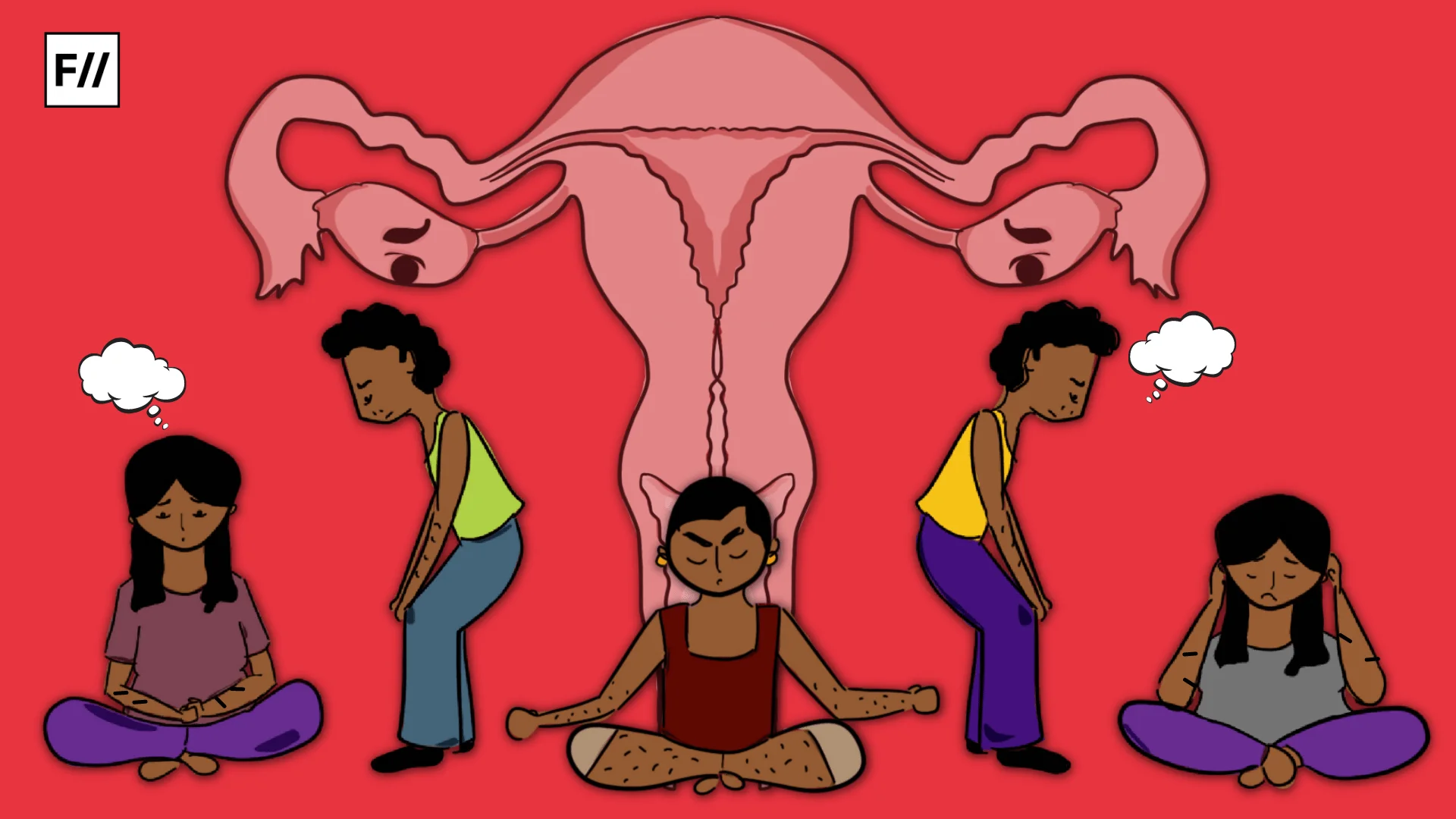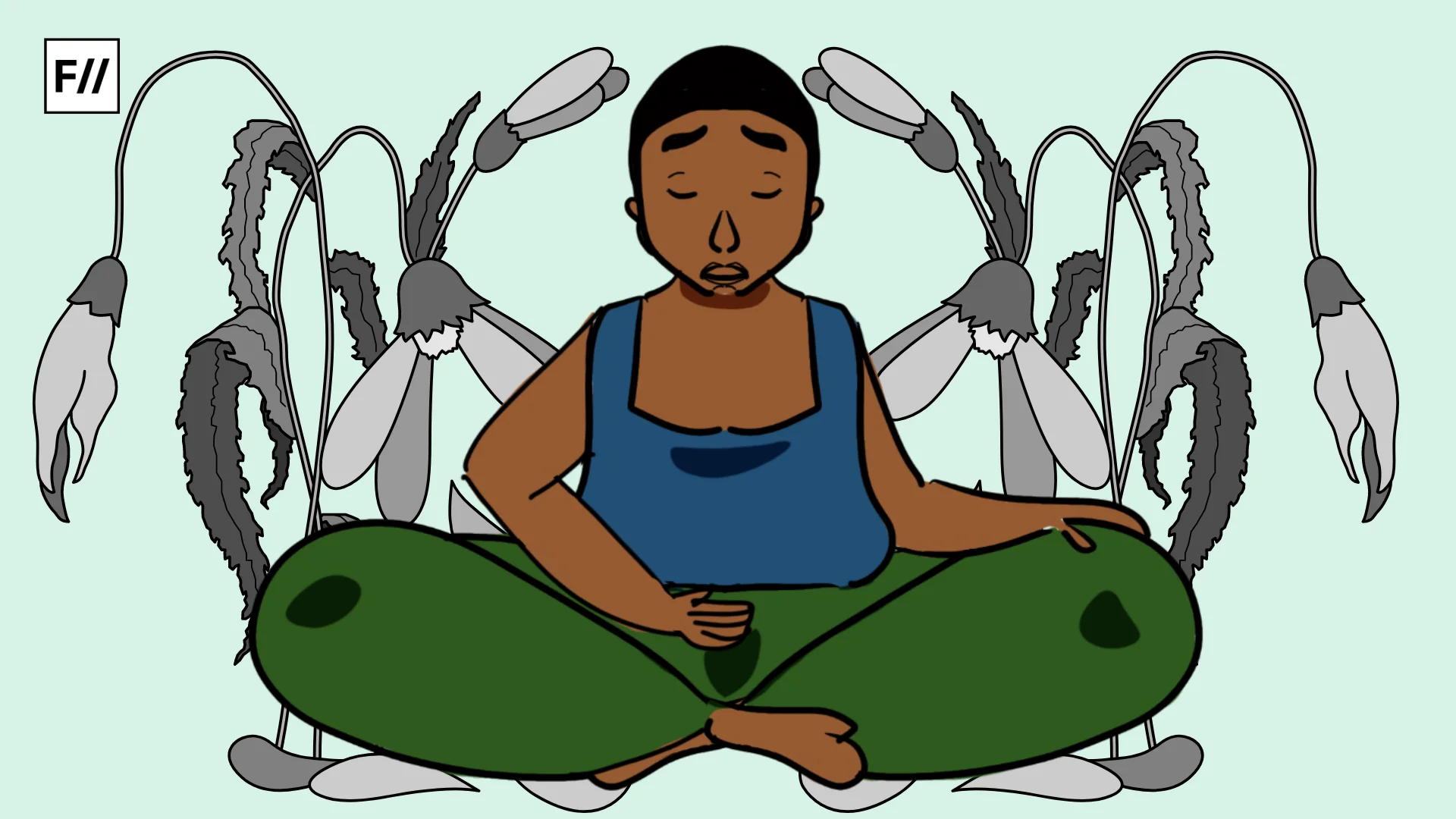According to the Palgrave Handbook of Critical Menstruation Studies, open discussion about menstruation, like any other taboo topic, is culturally constrained. Menstruators are usually taught to remain silent about menstruation; there is a taboo that makes it socially unacceptable to talk about menstruation reported Lee and Sasser.
India’s constitution provides equal opportunity to women in every sphere of life. There are special laws in our constitution to avoid the exploitation of women. Therefore, it’s quite evident that India has been trying to empower women for a while and has been successful to do so but we feel that taboos related to menstruation should also be addressed under women empowerment initiatives.
According to the everteen Menstrual Hygiene Survey 2021, 32% of women/girls still perceive menstruation as a “taboo” topic which shows that a significant chunk of the Indian population hesitates in discussing menstruation leading to embarrassment and shame.
An October 2022 article in Deutsche Welle (DW), Germany’s international broadcaster, reported, “A recent study by the UN’s child protection agency, UNICEF, stated that 71% of adolescent girls in India remain unaware of menstruation until they get their first period. When they do so, many drop out of school. Another report by the NGO Dasra, which was published in 2019, pointed out that 23 million girls drop out of school annually due to a lack of proper menstrual hygiene management facilities, which include the availability of sanitary pads and information about menstruation.”

Our surroundings are filled with people who, on one hand, claim to support women’s empowerment whereas on the other hand would make it difficult for a girl to hold a sanitary napkin in public. That is why when a female need to change her sanitary napkin, she would never take a walk of pride to the restroom instead she would either grab a purse or any cloth to hide her sanitary pad in it.
Not every woman in our nation is equally privileged & blessed to have a safe and broad-minded environment to discuss menstruation concerns at home. This leads to a lack of menstrual awareness and an abundance of menstrual myths. On one hand, Indian women like Falguni Nayar, the Founder and CEO of Nykaa, and PV Sindhu, the ace badminton player, have made the nation proud globally, yet, on the other, there are girls whose opportunities and rights are being violated by the social stigma around periods.
Also read: Sustainable Menstruation: Is The Burden On Individual Menstruators Alone?
There are numerous factors contributing their part to this unfavourable situation of women in our nation and one of the key contributors is “hypocrisy” – whether overt or disguised. For example, in ancient times, women used to be worshipped in India. It is still evident in the festive rituals like touching the feet of young girls as divine incarnations, but just evaporates with a residual broad apathy when it comes to those days of the month! Similarly, even several urban affluent parents would provide the best of care and comfort for their daughters but wouldn’t let her enter the kitchen or attend auspicious events during her periods. This is what hypocrisy looks like and we need to put an end to it.
About the initiative: evergreen
As a leading feminine hygiene brand, everteen has embarked on an initiative to encourage people to have “open discussions about menstruation” as a pathway to ‘complete’ women’s empowerment.
World Vision Australia website states, “Women’s empowerment can be defined as promoting women’s sense of self-worth, their ability to determine their own choices, and their right to influence social change for themselves and others.”

Now, the question arises, do Indian women really have the power to determine their own choices? If yes, why are sanitary pads still wrapped in newspapers without anyone having to even ask explicitly? The answer lies in the deep-rooted perception in our cultural and social psyche. As a shush topic, the unspoken presumption is that women and girls should not carry menstrual products openly.
With sustained awareness and advocacy efforts over the years, India has succeeded in percolating the message of “Beti Bachao, Beti Padhao” among its larger populace, but what next? Yes, Indians are trying their best to empower women but why is menstruation still not considered as an important part of women’s empowerment? everteen believes real empowerment starts at home. And Indian women currently do not have the right to discuss periods openly even in their homes. What kind of empowerment is this? What is the point of giving education to your daughters if you don’t give them the freedom to make their own educated choices?
Motive
Our motive is to encourage people to consider menstruation as an important aspect of women’s empowerment. We are looking forward to encouraging families to have an open discussion about periods in their homes so that our little angels don’t have to roam here and there to gather accurate information about their bodies.
How can you contribute?
Here’s how you can contribute to help create awareness and urge families to shun #BloodyHypocrisy with this campaign and encourage open discussions about menstruation in our society.
- Tie a red scarf around your waist and post a picture on Instagram with the hashtag #BloodyHypocrisy and let us know by tagging us on @ILoveEverteen on Twitter. If possible, click your picture in our Snapchat filter too.
- Use our Instagram filter to record yourself and post your hypocrisy quotient on social media with the hashtag #BloodyHypocrisy and mention our handle @everteen_wd.
- Record your video message using our snapchat filter saying “अगर चोट का ब्लड नॉर्मल है तो पीरीअड के ब्लड पर चुप्पी क्यों?” Post this video on your social media handle with #BloodyHypocrisy and tag @everteen_wd.
Ten contributors with the most engaging posts will receive a gift hamper worth Rs.5000 each from everteen as a gesture of our appreciation for promoting menstrual awareness as a part of complete woman empowerment.
About the author(s)
Guest Writers are writers who occasionally write on FII.




